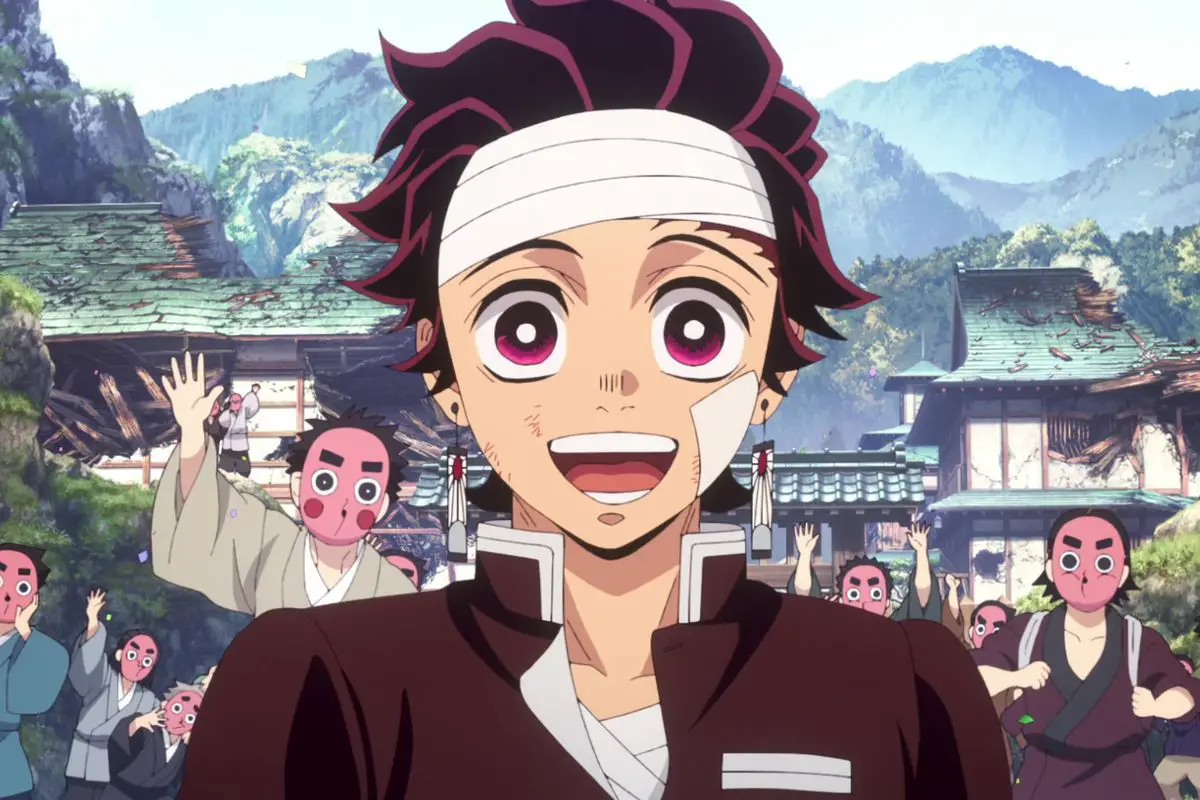Gaming is a popular culture heavyweight. It might not have the star power of the film or music industries, but there’s no doubt it has strong, consistent ties with fans. Just think how many people haven’t played a game before. Then consider how many people still do. The answer is 2.7 billion people, by the way.
Gaming’s reputation within pop culture is undeniable, but it still doesn’t explain how the platform manages to remain relevant to so many people worldwide to this day. Here are a couple of features that help to unravel the mystery.
A Substitute for Performance
Not all achievements are rewarded with a level of praise that the participants would expect. Fiske explains this by using the venue of arcade games as an analogy. He says that the skill, performance, and self-esteem that gamers feel when they perform to a high level in an arcade setting isn’t rewarded in society.
As a result, some believe that the gaming world becomes a bubble for people who need validation in their lives but don’t get it from traditional sources. Others go further by stating that participants game in an attempt to obtain a sensation of productivity that they usually get from society. In short, the virtual world is a productive one when life is going slowly and not bearing much fruit.
Therefore, games attract players because there will always be people who want success and who want to improve themselves. Indeed, there are so many of these types of titles that it has ensured gaming is enshrined within popular culture for the foreseeable future.
Real-World Skills
Not everything that happens within a game environment is fake. There are real-life lessons and skills to be learned that many people can utilize in their everyday lives. The perfect example of this is how games affect language.
For instance, certain features expose players to words and phrases they have never heard before, like in bingo, for example. In bingo, the use of terminology relating to the numbers isn’t only funny and witty, but also useful to people whose first language isn’t English. Even a native speaker might learn something new from a language perspective when you play bingo games online or in-person because the phrasing is evolving, especially as younger generations leave their mark.
Now, you can expect to hear calls such as “Wills and Kate” instead of “two fat ladies”. These calls have continuously affected language since the game’s creation, and are integrated into region-specific slang, as well as the name ‘bingo’ being used as an exclamation across the world generally.
Studies also reveal that learning languages via gaming is an excellent way to make it more fun and enjoyable, thus making the process easier as it’s not boring or rigid.
Full Steam Ahead
Of course, you can never account for people wanting to blow off steam. As long as humans exist, there will always be those who need to relieve their stress levels before they boil over and escalate out of control.
While there are several effective ways to reduce tension in the mind and body, research proves that gaming is near the top of the list because of its ability to transport you to another world, helping you to forget about your problems. Also, the improvement of technology means social communities now exist where players can lean on support networks via their virtual surroundings. The fact that the average age of gamers has shifted to the 35 to 44 age range shows how effective the medium is at dealing with stress across the board, and why the platform remains relevant to an eclectic mix of demographics.
There is a plethora of elements that attract gaming to popular culture, yet the main three are the industry’s ability to make learning fun, encourage people to relax, and receive praise where it might otherwise be hard to find.





